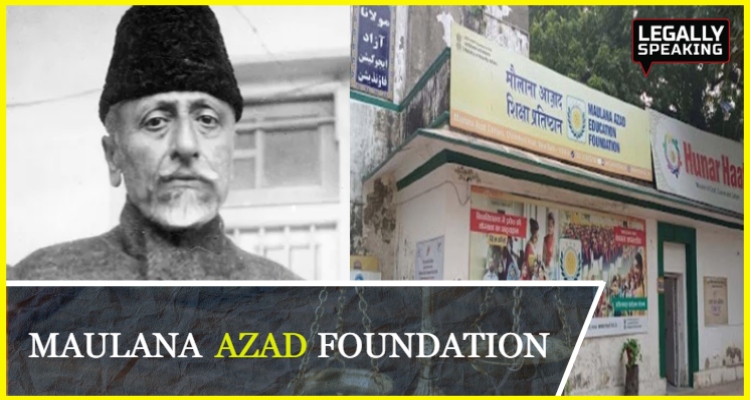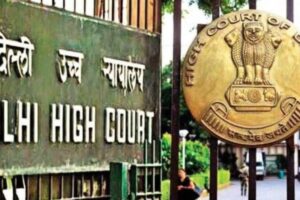
The Delhi High Court upheld the Centre’s decision to dissolve the Maulana Azad Education Foundation (MAEF) on Tuesday, an institution established in 1989 to promote education among educationally backward minorities.
The Bench
Acting Chief Justice Manmohan and Justice Mini Pushkarna dismissed a PIL filed by Syeda Saiyidain Hameed, John Dayal, and Daya Singh against the dissolution, stating that the decision of the MAEF general body was “well considered” and the court was “not impressed” by the petitioners’ objections.
“The decision to dissolve MAEF has been duly taken by the general body, and this court finds no impropriety or irregularity in the process adopted by the general body in arriving at the said decision,” the bench stated while delivering the verdict.
“This court finds no merit in the petition and the same is accordingly dismissed,” it added. The petitioners had approached the high court earlier this year against the February 7 order of the Ministry of Minority Affairs instructing the MAEF to carry out the closure process at the earliest and submit a copy of the closure certificate issued by the Registrar of Societies of the Delhi government on completion of all procedures, as per extant laws.
The Central Government
The Centre defended its decision in court, stating MAEF has become “obsolete” when there is a dedicated ministry holistically executing schemes for the benefit of minorities. The ministry’s order was issued in reference to a proposal received from the Central Waqf Council (CWC) on January 21 to close the MAEF. The court reserved its verdict on the PIL on March 13 after hearing both sides.
The petitioners had stated in their PIL that the ministry’s order not only deprived deserving students, especially girls, from availing the benefits of the MAEF schemes but is also without jurisdiction, completely malafide, arbitrary, and a colorable exercise by authorities.
The petition, filed through advocate Fuzail Ahmad Ayyubi, claimed that such an “abrupt, opaque, and completely arbitrary” decision to dismantle an almost four-decade-old institution and scavenge its assets and funds is bound to have an adverse impact on the lives of a number of students, schools, and NGOs.





